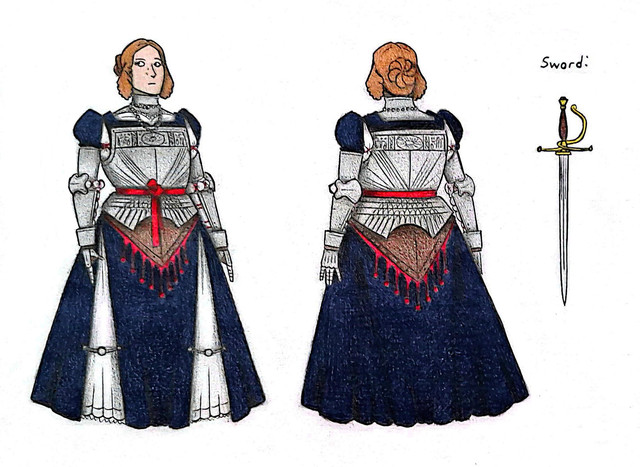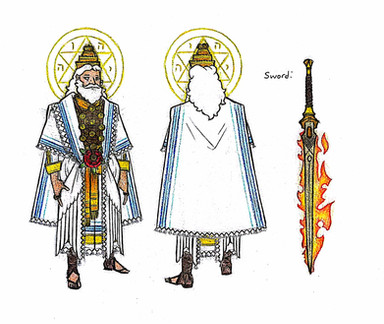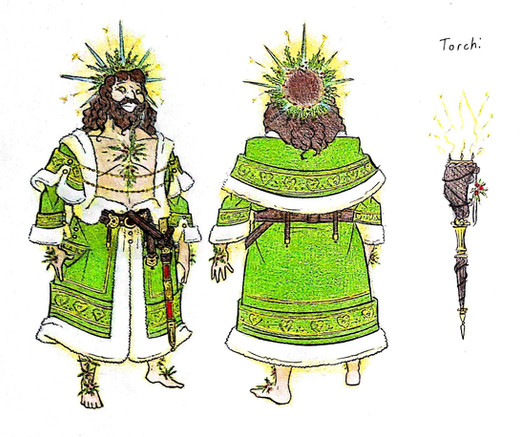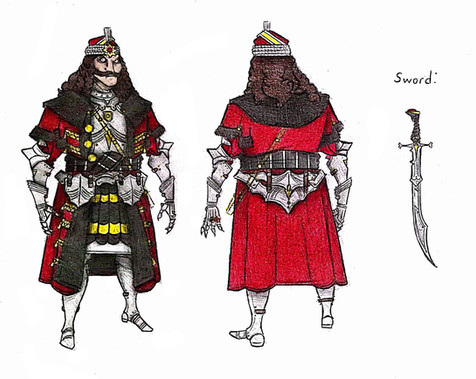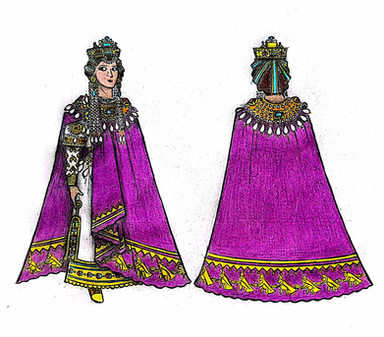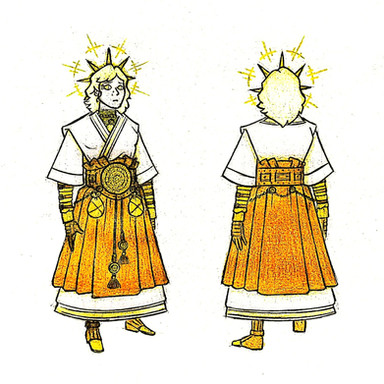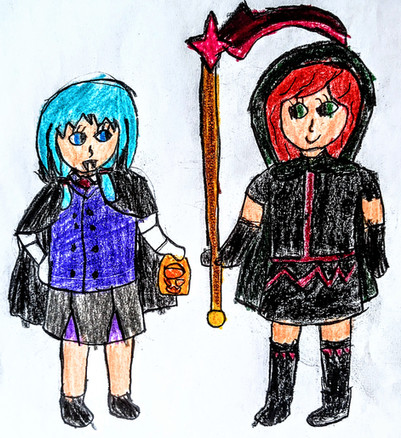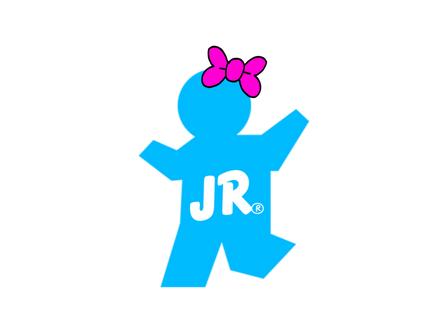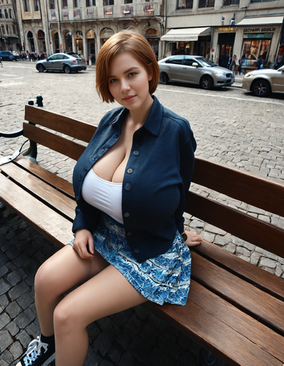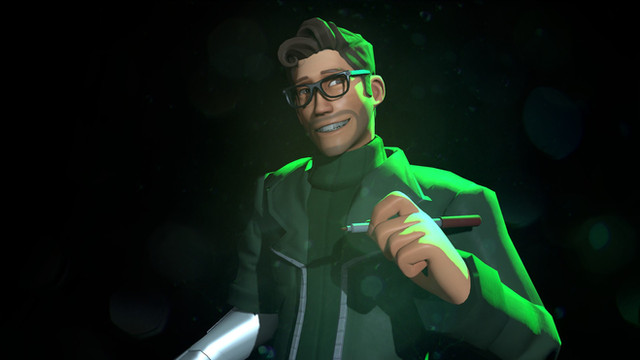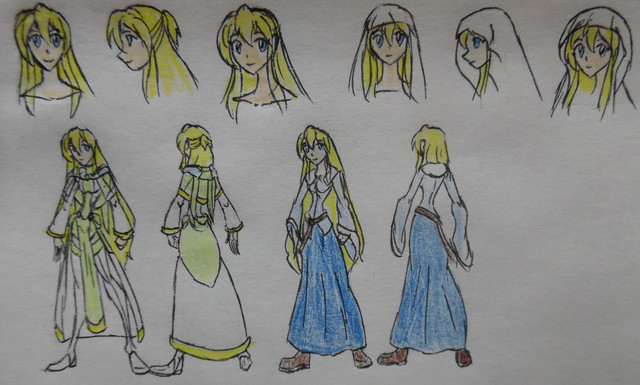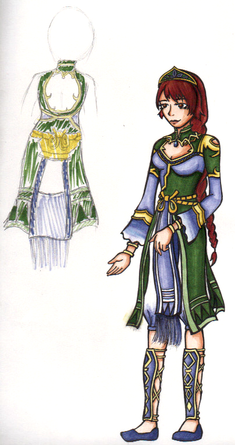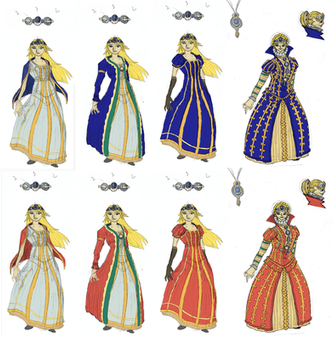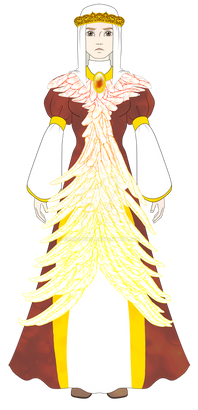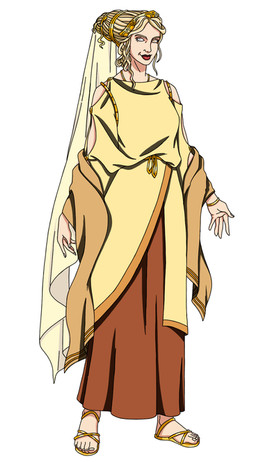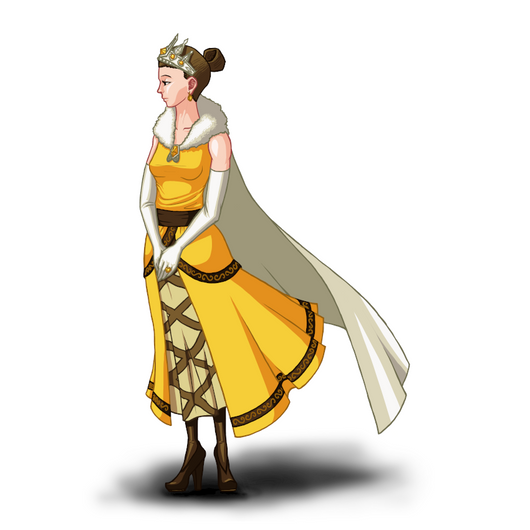HOME | DD
 Avapithecus — Frigg
Avapithecus — Frigg

#character #design #frigg #germanic #goddess #mythology #norse #referencesheet
Published: 2023-06-30 13:48:13 +0000 UTC; Views: 4330; Favourites: 65; Downloads: 0
Redirect to original
Description
Behold as I present to you the most divisive figure in the entirety of Norse mythology. No it's not Loki, it's not Odin. It's Frigg, wife of Odin. I say this because no one seems to agree on if and how she is or was at some point the same goddess as Freyja. Internally, at least, this seems rather cut and dry. Frigg and Freyja come from two separate families of gods, and are often in the same room at the same time and even talk about one another in poems such as Lokasenna. It's only when you start getting into the meta that things really get confusing, and since I'm someone who likes to incorporate the meta of a story into the story itself, the Frigg/Freyja debacle presents a massive pain in my ass. Frigg is clearly the older conception, that much is clear. Her name descends from the Proto-Germanic root "*Frijjō" which just means "love". This root also gives us the cognate "Frīg" in Old English and "Frēa" in Langobardic, which is where we get "Friday". At first glance to us lay people, "Frea" may look like a pretty obvious match for Freyja, but Freyja's name is actually a completely different word. It's actually a title, literally translating as "Lady", cognate with modern German "Frau". Similarly, Freyja's brother is named "Freyr", meaning "Lord", but his real name is Yngvi. Some hypothesize that perhaps Frigg is Freyja's real name by extension, and somehow the title split off to become it's own character, but the mechanism for that transition is not clear, and again we have to grapple with our surviving sources clearly seeing them as two distinct people with different lore.It's also confusing that even though Frigg is clearly the older goddess, we have way more lore on Freyja. Indeed, many of the attributes you'd expect to be aspects of Frigg as the goddess of love instead only seem to show up in the often lustful and sought-after Freyja. Though Frigg is expressly started to be Odin's wife and mother of his favorite child Baldr, Freyja is often portrayed as the one performing duties most fitting of a wife in Viking society. Specifically, Freyja gets a choice of half the seats from Odin's selection of fallen warriors, a role you'd expect of a medieval hostess. I'll dig a little deeper into that whenever I get around to designing Freyja. Freyja's husband meanwhile is named as Óðr, who… just kinda has to be Odin, like I can't see how he isn't. The names are linguistically identical, and Freyja is said to travel the world in different disguises and different names looking for her estranged husband. Occam's Razor seems to suggest there is clearly some connection to Frigg there, but the Razor has been dulled by time. Honestly, when you think of it just based on characterization alone, it almost works better if you think of Freyja as a derivative of Odin instead of Frigg. Which… I'm not gonna lie, is an idea I like just for its storytelling potential. When you start going down the rabbit hole of which characters in Norse myth may have started as versions of Odin, it almost makes Odin out as being in some wacky Xehanort situation, which idk that just sounds like a whole lot of fun. I've never seen such a relationship between Freyja and Odin explored in any scholarly context though, so for now that's just gonna sit on my headcanon bullet points list as I build the world of Drake Hero.
All that out of the way, what do we actually know about Frigg as she is presented in the Eddas? Well like I said, not much. In Lokasenna, Loki chastises Frigg as being "Fjörgynn's girl", which seems to mean she is the daughter of this otherwise unattested figure. It may just be an alternative name of Thor based on his etymology, which… doesn't exactly do anything to help clear up her origins at all. Aside from the death of her son Baldr, there's really only one major myth that features Frigg as a main character. Grímnismál describes a series of events wherein two princes are stranded and fostered by an elderly couple later revealed to be Odin and Frigg in disguise. When the princes, Agnarr and Geirröth, finally achieve the means of returning home to their father's realm, Geirröth absolutely screws his brother over by stranding him alone. Geirröth, Odin's favorite, because of course he is, becomes king of his father's lands, while Agnarr, Frigg's favorite, lives in a cave married to a troll woman for the rest of his days. Odin mocks Frigg for this, but she retorts by accusing Geirröth of being a piece of shit to his guests, a big no no in medieval society. Odin disguises himself to investigate this slander, but Frigg sends word ahead to Geirröth that he shouldn't trust any mysterious one-eyed old men that dogs won't attack. Low and behold, a mysterious one-eyed old man that dogs won't attack shows up, and Geirröth promptly has his guest strung up and tortured. In exchange for a drink, Odin grants Geirröth's son, also named Agnarr confusingly, a wealth of mythological trivia before revealing his true identity. Geirröth then falls onto his sword, and the younger Agnarr is crowned king, a twisted sort of compromise between the powers that be. It certainly makes Frigg out to be the more humble and reserved of the couple, though still incredibly authoritative in her own right. I find it interesting when this characterization is compounded with the verse in Lokasenna which claims that Frigg knows the fate of all men, but unlike Odin, she keeps her observations to herself. Definitely not a woman I'd want to mess with.
Design notes, this one was tricky not for lack of material, but rather because every depiction of Frigg just kinda paints her in this generic goddess get up. Greek-ish dress with maybe some witchy elements thrown in. Which… I guess isn't really inaccurate, to be fair, but it does make it difficult to design something uniquely her based on the source material. Her crown is based off of a bracteate found in Welschingen which may or may not be meant to represent Frigg, though it certainly represents a powerful woman at the very least. I braided her hair down the front as a nod to the founding myth of the Lombards (alternatively "Langobards"). This tale claims that in the wake of an invasion of Vandals, Frigg counseled the Langobard women to tie their hair in the front to resemble beards. Odin, who had promised victory to the first people he saw the next morning, is immediately drawn to these supposed newcomers and asks who these long-beards are. As he has given them a name, Frigg tells Odin he must grant them victory, and he agrees. It's a small thing, but I think it at least gives her a little uniqueness. If I'm gonna try to separate her from Freyja, she needs it XD
Related content
Comments: 7

👍: 1 ⏩: 1

👍: 1 ⏩: 0

👍: 1 ⏩: 1

👍: 1 ⏩: 0

👍: 2 ⏩: 2

👍: 0 ⏩: 0

👍: 1 ⏩: 0
